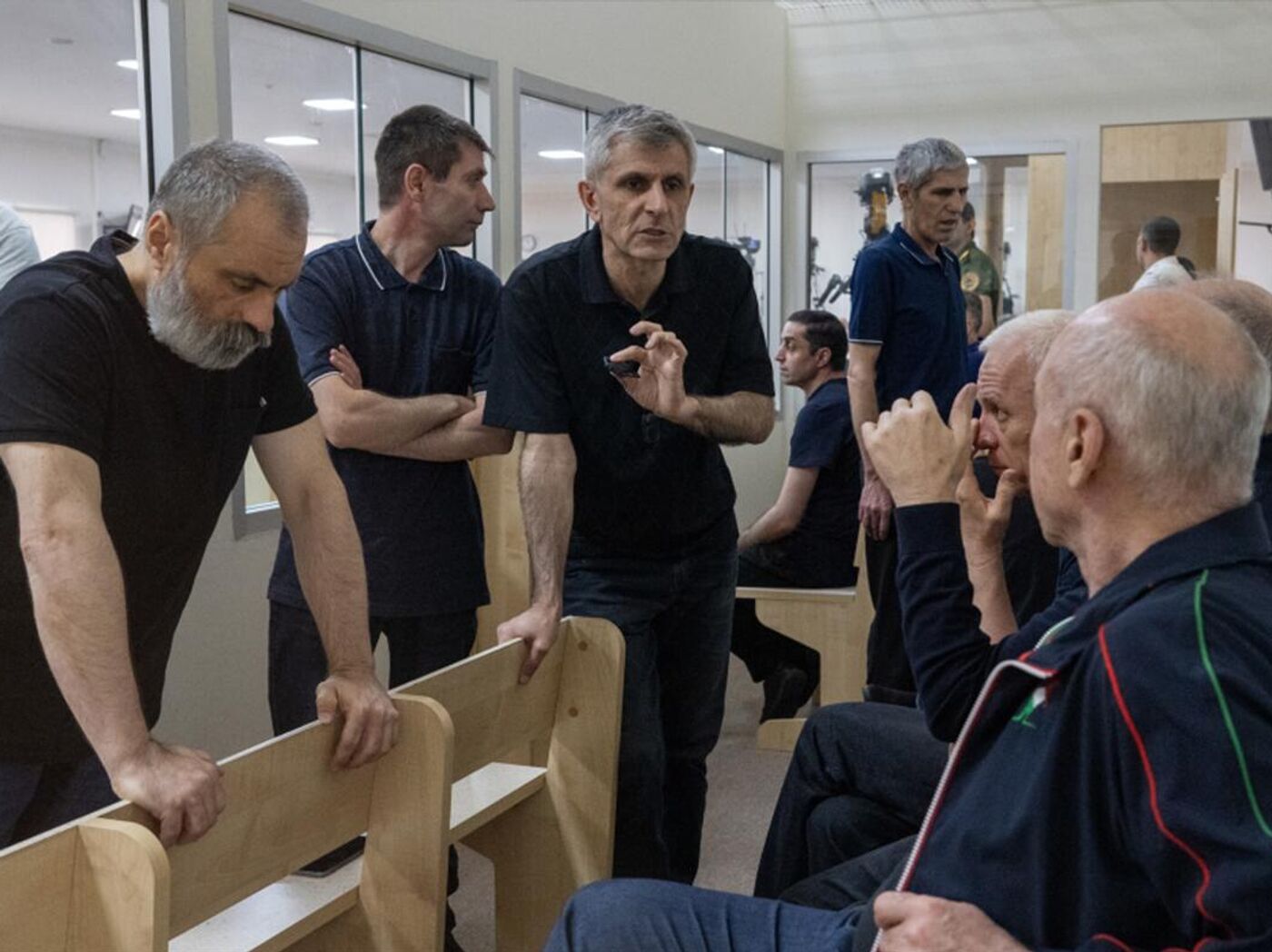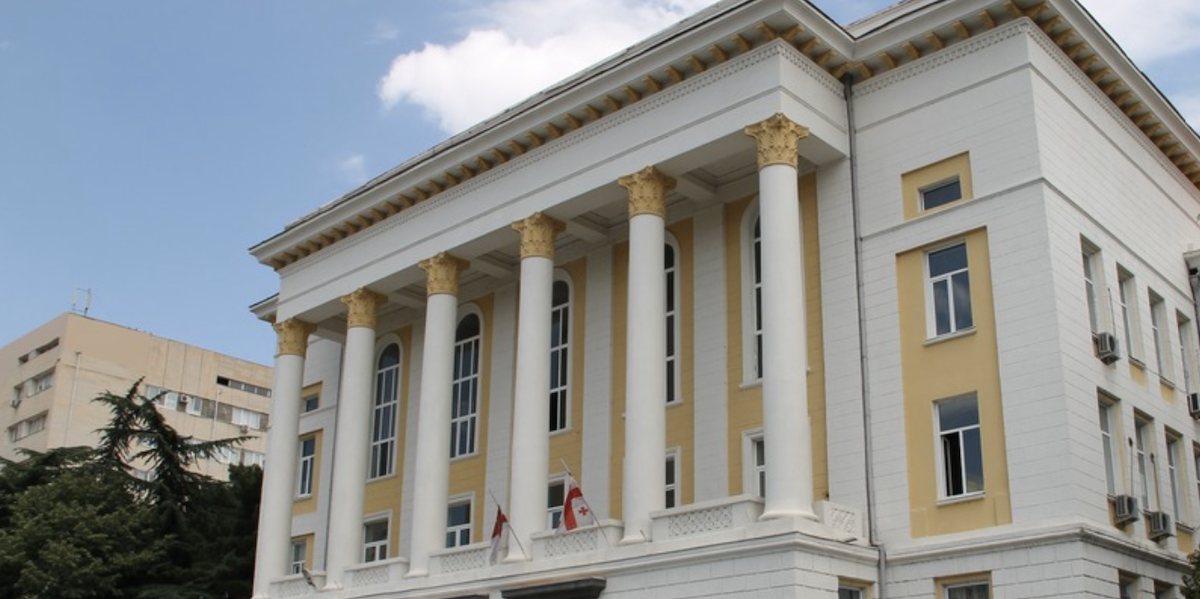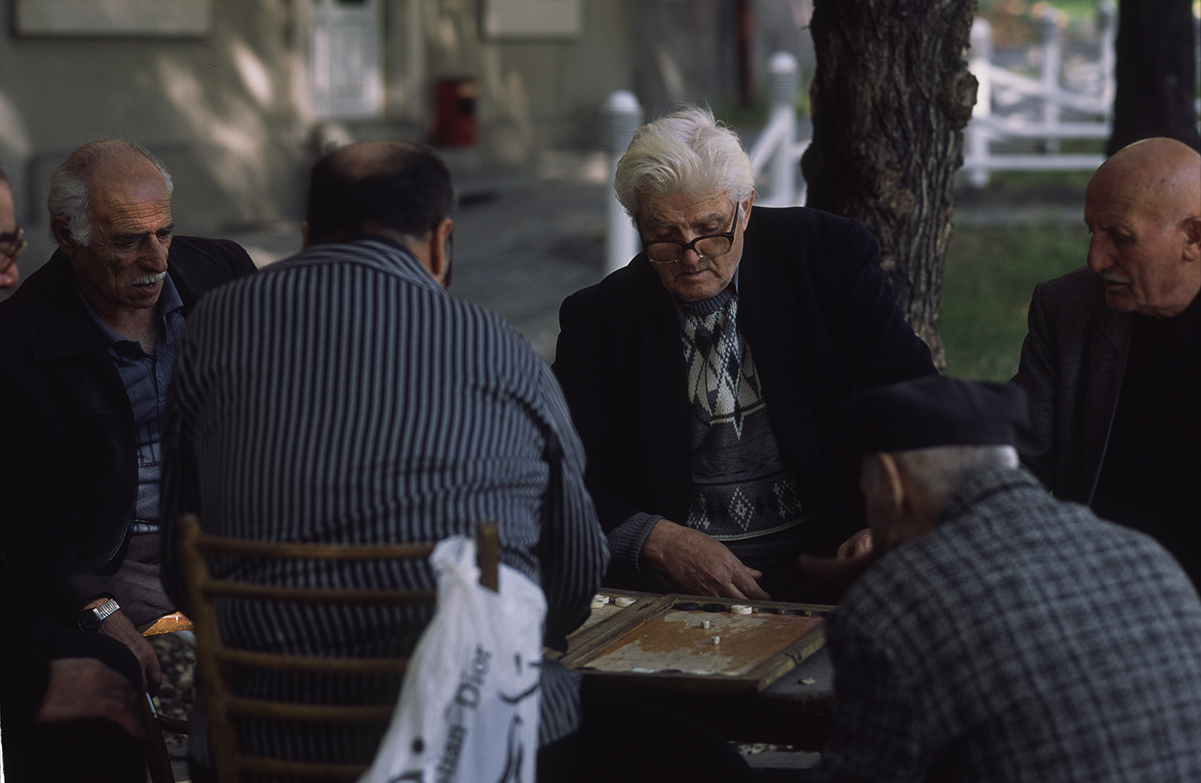If you are homeless
I am approaching gray canvas tents and automatically counting them: one, two, three … there are dozens of them here, the entire town. Some of the tent residents are busy outside: some are smoking; the woman over there is hanging out laundry on a rope and it is flapping in the wind.

It’s cold!
I thought it would be as cold inside the tent as it was in the street, but I have been surprised to find out that this place is quite suitable for dwelling. Hello, I’m your chance comer. Running ahead of the story, I will say that I’ve been welcomed with open arms and have been even allowed to take some photos.
This is Pavle. He’s been living in a tent camp for already third year. Pavle has neither relatives, nor home – a tent is his only refuge. ‘Well, how it feels like to live in tent – sometimes you are bitten by fleas, sometimes by mosquitoes, – says Pavle – but I have no quarrel against the local authorities. It’s much better than nothing.’

There really was “nothing in Pavle’s and other homeless people’s life – a tent camp was opened only in 2013. Since then, the shelter inhabitants have been provided with heating, electricity, the required minimum of hygiene items and the chance to eat twice a day. This is already a lot for a man who has nothing.
Nothing is superfluous here – anything, that is offered, is gratefully accepted here: be it used clothes, brought by the residents of neighboring micro-districts, or the remains of food, sometimes brought by the restaurant owners. And so on.
Sometimes a psychologist visits the tents. However, it is not that easy to draw the local residents out to an open conversation.

Tent ‘authorities’ are trying to make friends with everyone, but it is not always possible, for example, the are frequent conflicts over alcohol – drinking alcohol is prohibited in tents, but there are always people willing to neglect this rule.
Manana lives here with her husband. There have children, but they are at the orphanage: parents visit them once a week and hope for reunion with their children after moving from tent to a hostel.

The hostel for homeless people is being constructed by Tbilisi municipality. The construction works are due to finish soon, by the end of this year. However, tent residents have different attitude towards the perspective of moving from tents. Manana and her husband can’t wait for an opportunity to move, while Pavle says, he prefers to stay the night in the street again. The reasons for such rejection are different and they are not always mentioned. Some, for example, do not like the fact that the hostel is actually located outside the city – in Lilo settlement.
In Georgia, one should put in great efforts to manage to help homeless people. For instance, the state-run programs cannot cover them, since those, who live in the street, as a rule, have no documents.
Up to date, there is no corresponding database or realistic statistics on the number of people living in the street. Tbilisi Mayor, David Narmania, has recently stated, there are approximately up to 300 homeless people. This figure seems to have been greatly underestimated.

Under the Georgian legislation, the local municipalities undertake to render assistance to the homeless. Georgian Public Defender believes, not much has been actually done in this sphere. Georgia is simply lacking the national policy aimed at making the life of homeless easier.
‘The state has no regional and general database of homeless persons. There are no legal guarantee that would provide at least the minimum social benefits, that this group of the population is entitled to,’- this is a quote from the Public Defender’s speech, made during the presentation of the relevant report a few months ago.



















